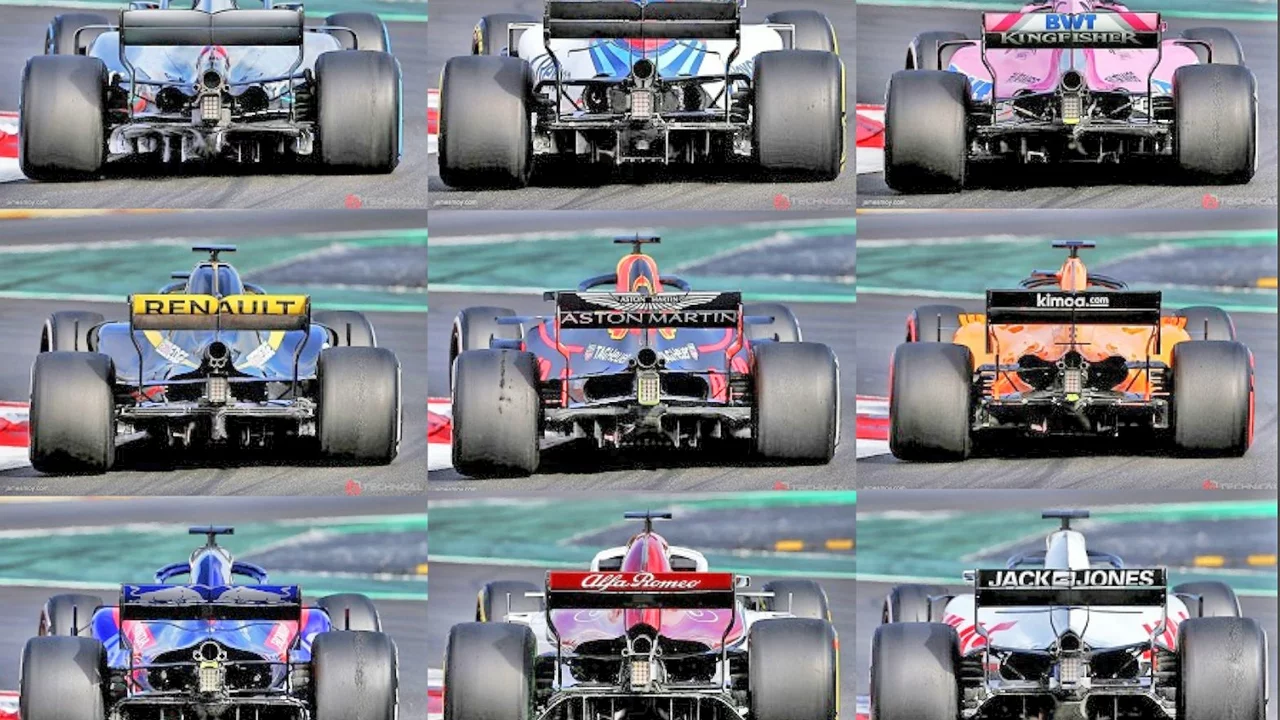Automotive Comparison – Quick Facts About Race Car Size
Ever wondered which race car stretches further down the track? You’re not alone. Fans love a good size showdown because length, width, and weight all affect how a car handles corners and straights. In this guide we’ll break down the most eye‑catching comparison – IndyCar vs Formula 1 – and explain why those numbers matter for drivers and fans alike.
IndyCar vs Formula 1: Length Showdown
Here’s the headline: an IndyCar is longer than a Formula 1 car. IndyCars measure about 5.1 meters (roughly 16.7 feet) while a modern F1 car tops out at around 4.7 meters (15.4 feet). That extra 0.4 meters may not sound huge, but it changes the car’s balance and how it fits into pit lanes.
Why does length matter? A longer chassis can provide a more stable platform at high speeds, especially on ovals where IndyCars spend most of their time. However, a shorter F1 car can pivot quicker through tight, twisty road circuits. So each series optimises length for the type of tracks they race on.
Why Car Length Matters for Fans and Drivers
When you see a car zip by, you might not think about dimensions, but they influence grip, aerodynamics, and even safety. A longer car usually has a larger front area, which can generate more downforce – that’s the force that pushes the car onto the track for better grip.
On the flip side, a shorter car can cut through air with less drag, letting it reach higher top speeds on straightaways. Drivers also use length to gauge corner entry and exit points. If you know an IndyCar is longer, you’ll picture a wider turning radius compared to a nimble F1 machine.
Beyond IndyCar and F1, this category page will bring you more bite‑size comparisons – like how a GT car stacks up against a touring car, or why a hot‑rod feels different from a rally car. Each post is written in plain language so you can grab the facts without wading through jargon.
Got a specific car you’re curious about? Drop a comment or send us a suggestion. We love digging into the numbers that fans care about, whether it’s wheelbase, weight, or power‑to‑weight ratio. Stay tuned for more quick comparisons that help you chat like a pro at the next race‑day gathering.
Which car is longer: IndyCar or Formula 1?
After comparing the two, it turns out that an IndyCar is longer than a Formula 1 car. While IndyCars can reach a length of about 5.1 meters, Formula 1 cars typically measure up to 4.7 meters long. This means that IndyCars are about 0.4 meters longer than their Formula 1 counterparts. So, if you're ever in a debate about which one is lengthier, you can confidently say it's the IndyCar. Definitely an interesting bit of trivia for all you racing fans out there!
